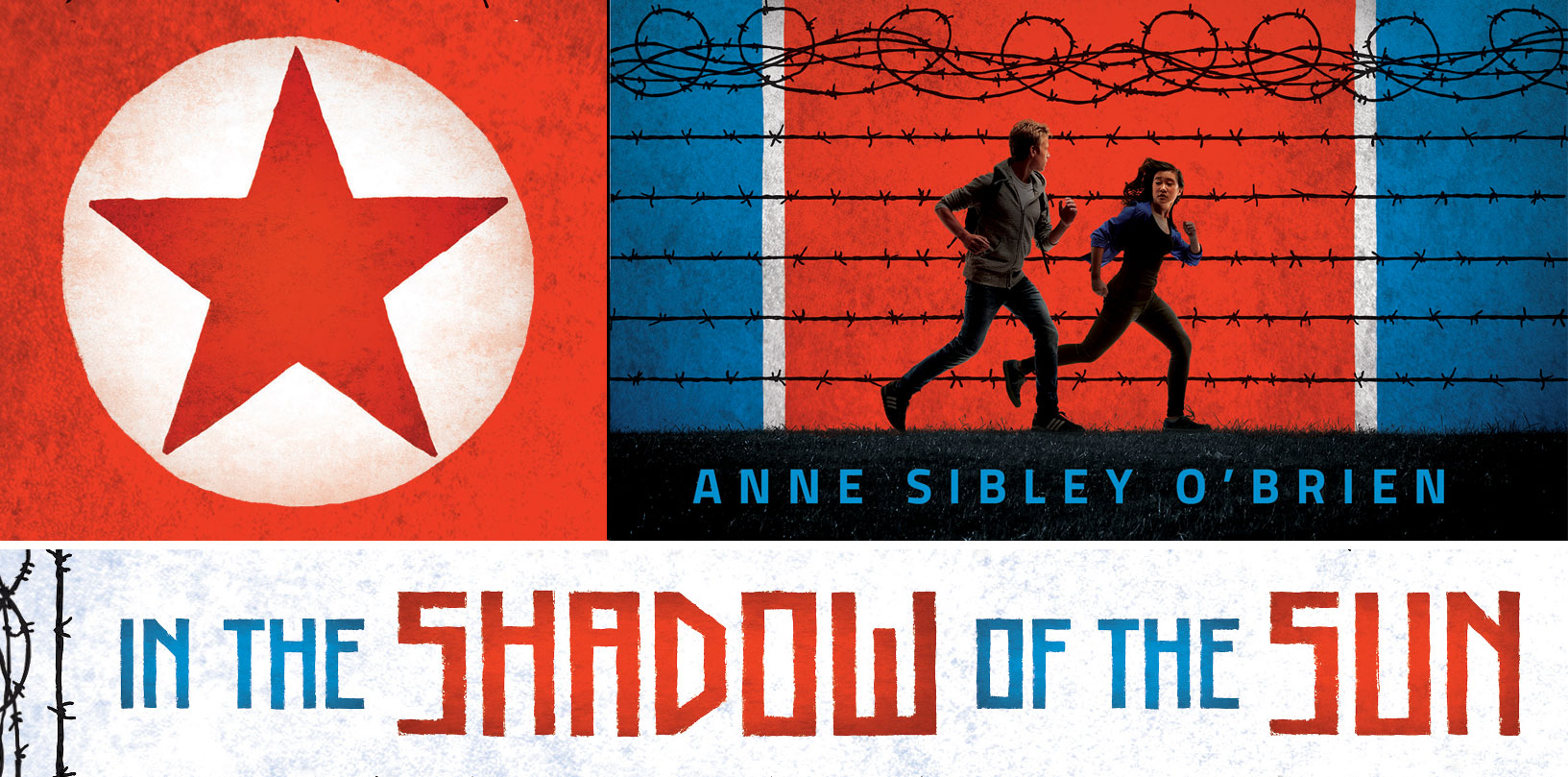Writing this novel has been a ten-year journey of research, hard work, conversation, and reflection, especially on the subject of identity. I’m a white American whose own identity was profoundly shaped by moving from New Hampshire to South Korea in 1960, when I was seven years old. Korea, where my parents worked as medical missionaries, was our family’s home base for twenty-one years.
I speak fluent conversational Korean, spent my junior year of college at a Korean university, and have returned to Korea many times throughout my adulthood. Korea is “home” to me, even as my connection remains that of an outsider-insider. But prior to this book, my sphere of personal knowledge, experience, and interest in Korea had never included the North. Even when I was a child and teenager in South Korea, the country occupying the other half of the peninsula seemed unknowable, foreign and menacing — a feeling exacerbated by the bellicose threats and posturing of the DPRK, and its 1968 assassination attempt on South Korean President Park Chung-hee.
Ten years ago, a chance interview question about reunification led to the idea for a novel about two American kids on the run in North Korea. I did some reading and daydreaming, but I felt uncertain about my connection to the material until I met Reverend Peter Yoon, a member of the Council on Korean Studies of Michigan State University. In 2007 he had traveled into the DPRK from China by train and had an hour and a half of video footage of the countryside between Sinuiju and Pyongyang. The images were spellbinding, and to my surprise, they were familiar.
Rural North Korea in 2007 — wide plains filled with rice fields, farmers planting in flooded paddies, people pushing carts and riding bicycles, clunky concrete apartment buildings painted pink and blue — looked exactly like the South Korean countryside of the 1960s where I grew up. I realized the DPRK was not unknowable and foreign; despite its government, it was part of a land I knew and loved. Over the years of research and writing that followed, North Korea came into focus more and more as a place of enormous complexity and contradiction, and most of all a place full of real people.
Indeed, contrary to the popular image of a country shrouded in mystery about which we know almost nothing, I’ve found an extensive amount of information available about the DPRK.
More About Growing Up in Korea:
Of Longing and Belonging (Korean American Story)
Considering North Korea (Korean American Story)



